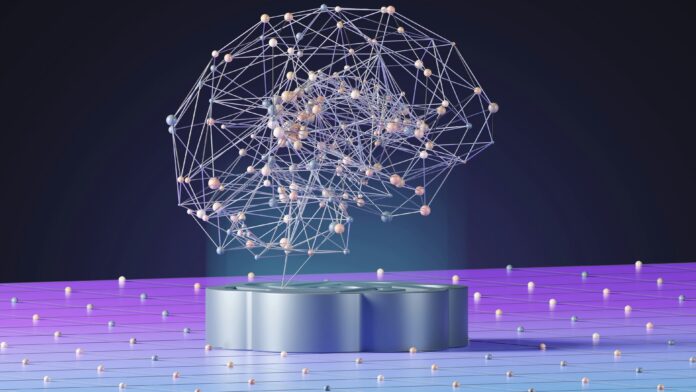Monash University’s latest research shines a spotlight on the careful integration of generative AI (GenAI) into educational systems, highlighting key considerations for fostering human learning alongside AI. Published in Nature Human Behaviour, the study, led by Professor Dragan Gasevic from the Centre for Learning Analytics (CoLAM), outlines strategies to ensure AI complements human skills like critical thinking and self-reflection.
The paper stresses the importance of building GenAI tools that enhance education without replacing human teachers, urging policymakers, tech companies, and educators to collaborate on creating accountable, ethical, and inclusive AI frameworks. As AI technology advances, these systems could be integrated into everything from philosophy debates with digital versions of Socrates to visualising Einstein’s theories in virtual reality.
One of the study’s core recommendations is to reimagine assessment practices to reward genuine skill development, reducing reliance on AI-generated work. It also underscores the need for teacher support and professional development to adapt to the GenAI landscape, addressing the stress that comes with integrating new technology into education.
Dr Lixiang Yan, CoLAM Research Fellow and first author, emphasised that improving AI literacy for both students and educators is crucial. AI tools could free teachers from routine knowledge dissemination, allowing them to focus more on mentoring and building deeper connections with students.
This international research collaboration—between Monash University, the University of Luxembourg, and Goethe-University Frankfurt—was backed by significant support from organisations such as the Australian Research Council and the Defense Advanced Research Project Agency (DARPA).
The researchers are also conducting global studies with secondary school students to explore how GenAI can enhance human skills. By adapting GenAI responsibly, the study advocates for a future where AI supports the next generation of learning while preserving the essential human element.


